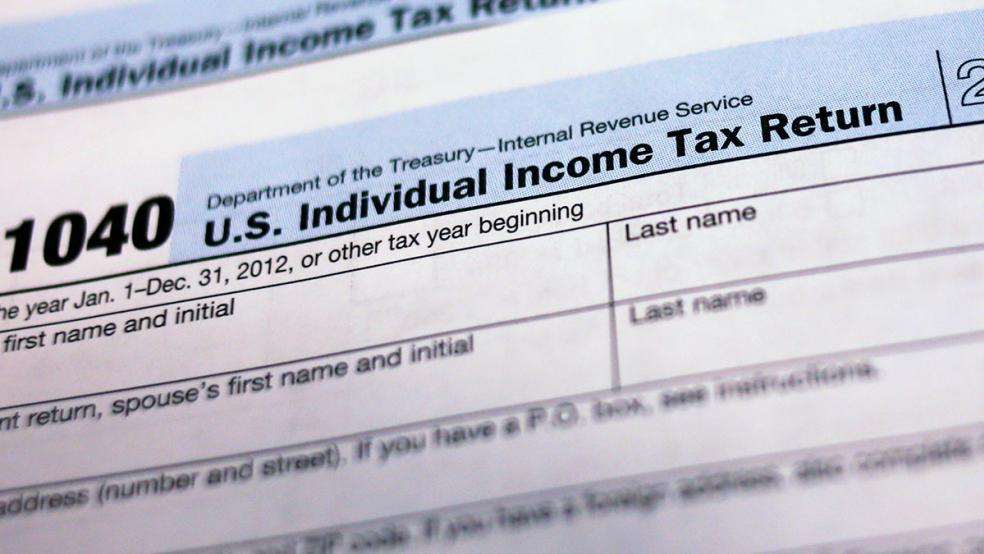Opinions about tax policy are divided in the U.S. along fairly predictable partisan lines, with Republicans typically expressing preferences for lower taxes compared to Democrats, but how do those beliefs arise and why do they persist? Economist Stefanie Stantcheva, a professor at Harvard University who studies public finance, released a new paper that examines how Americans think about taxes, linking specific questions about fiscal issues to broader issues related to fairness and the role of government.
“Support for tax policy most strongly correlates with views on fairness & the benefits of redistribution, followed by views on government,” Stantcheva said Tuesday. “Efficiency concerns play a more minor role in people’s minds. It's thus crucial to study what is considered ‘fair’ by different people.”
Fairness is a tricky subject, though, since it is both subjective and hard to define in absolute terms. Using experiments in which test subjects are exposed to different ideas about taxation and the economy, Stantcheva found that people differ not just in their policy preferences, but also in how they make up their minds and their assumptions about how the world works.
“Relative to Republicans, Democrats are more likely to believe that taxes have less economic costs, that tax cuts almost never ‘pay for themselves’ and that people will not starkly change behaviors in response to tax increases,” she wrote. “Democrats believe less in ‘trickle-down,’ whereby tax cuts on high incomes would benefit everyone. They are also much more likely than Republicans to think that the distributions of income, wealth & inheritances are unfair & that taxing away parts of them is fair.”
There is also what Stantcheva calls a “polarization of reality” when it comes to fiscal policies, in which people disagree about even the most basic facts and misperceptions play a role in forming opinions. “People on the right perceive current taxes as higher & more progressive than people on the left,” she says, despite the existence of objective data that could settle those issues one way or another.
At the same time, there are some areas of broad agreement. For example, the majority of respondents say they think people who work hard should pay lower taxes. Surprisingly, they also agree that middle-class tax cuts help shrink the federal deficit. While more Republicans than Democrats agree, majorities from both parties believe this to be true – despite the fact that it is almost certainly untrue. (Stantcheva refers to this as a “Laffer effect,” after Art Laffer, the conservative economist credited with popularizing the idea that tax cuts increase revenues.)
Ultimately, preferences for different tax policies are driven by ways of thinking as much as facts and figures, Stantcheva says, and people generally don’t think like economists. “Indeed ... factual knowledge about the exact numbers and statistics of a given policy may be more or less accurate, but the reasoning about it may still be very different across people, especially across political groups, and may matter much more in shaping policy views.” This suggests that any effort to elevate the public policy debate over taxes needs to focus on broader questions of worldviews and how people actually think, while situating specific proposals within the broader context of fairness.




